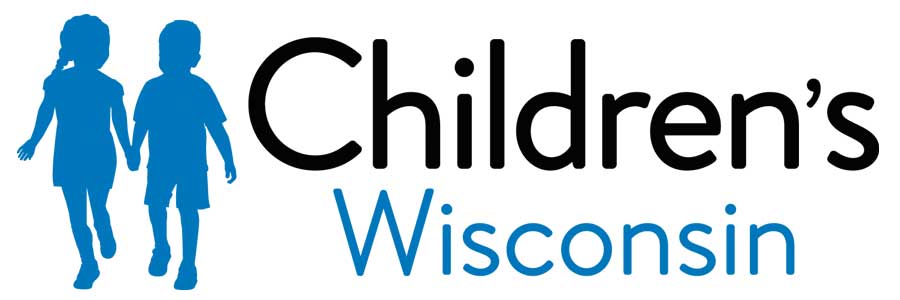Medical home for families (1164)
Key points below
What is a Medical Home?
Medical home is not a place, it is a term. It means there is a “home base” for your child's health care needs. It can be the main place you take your child for health care. But medical home is more than just a place. It is how your child is cared for and how you think about health care services and supports.What are the benefits?
A medical home:• You are valued and treated as the expert for your child.
• You are treated as a central member of your child’s health care team.
• Opens up sharing of information between your doctor and family. This improves how problems are solved and leads to better health and development outcomes for your child. A true partnership.
• Builds mutual respect between your family and caregivers.
• Your culture and religious beliefs are valued.
• Your child’s doctor provides helpful information to other people on the care team and helps manage your child’s care.
• You get help finding specialty care or community services when needed.
• You are given information to help you learn about your child’s ongoing health concerns. This includes information about parent to parent support, etc.
• Catches problems early on and may:
– Reduce visits to the emergency room and hospital.
– Lower family stress and health care costs.
– Reduce the number of days of missed school or work.
What can I do to get the best care for my child?
As a parent or guardian, you have a main role in developing your child’s medical home. The ideas from other families are listed below. They may be helpful to you.• Bring a written list of your top questions or concerns to discuss at every visit.
• If you know you will need extra time for your visit, tell the clinic when you call.
• Make a notebook or folder that holds your child’s health information. Include names of doctors, other care givers and medicines.
• Share with the doctor how your child is changing. Celebrate new skills and talk about concerns.
• You should feel comfortable asking questions about anything that has to do with your child’s health and development. It is okay to respectfully disagree.
• It’s okay to ask for something to be explained again if you don’t understand it. Ask if you can record the conversation, if it will be helpful.
• Ask your doctor or nurse to write down what you should do or expect next.
• Ask about how to get care after hours if needed.
• Ask to meet the office staff who will be working with you and your child. This includes nurses, person who makes referrals, billing person, etc.
• It always feels good to get a thank you. If your medical home partners do something you are thankful for, let them know.
